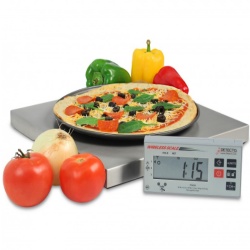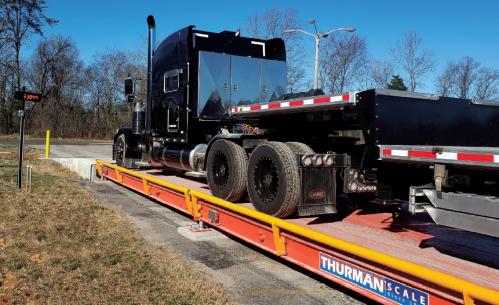Discover how to manage pizza ingredient costs without skimping on flavor. This practical guide breaks down the prices of dough, cheese, and toppings, and provides actionable tips for cost-conscious pizza enthusiasts or business owners. Dive into an analysis of ingredients expenses and uncover strategies to optimize your pizza-making budget.
Key Takeaways
-
Ingredient costs for pizza vary widely with dough varying per pizza and toppings like muenster cheese and meat being costlier than vegetables with significant markup rates.
-
Minimizing pizza ingredient costs involves selecting cost-effective ingredients, buying in bulk while managing storage, and using technology, such as ingredient scales for consistent portioning.
-
Pizza profitability is influenced by managing food and operational costs. Most pizza restaurants can make a decent profit, and with strategies like smart inventory management, supplier negotiation, and portion control, can possibly increase profits and assist with cost reduction.
Breaking Down the Basics: Pizza Ingredient Costs Explained

Navigating the realm of pizza expenses is akin to embarking on a grandiose voyage through various components, each contributing its own distinct taste to the price structure, much like the ingredients in a deliciously crafted pie. The type and amount of ingredients used as well as the size of the pizza can all impact its cost.
Feeling overwhelmed? Do not worry, we are here to provide guidance through this complex world of costs!
The Price of Perfect Dough

The foundation of a pizza is its crust. This wide range of pizza crust costs can be attributed to the various ingredients used in making the dough, such as high gluten flour, sea salt and yeast. These ingredient prices have a significant impact on the total cost of creating the perfect crust for your pizza. (At CCS we’d recommend checking out a bakers scale and scale scoops). Larger pizzas require more dough and result in higher ingredient costs – so don’t forget that when you order an extra large size!
Sauce Economics
Shifting our cost analysis to the sauce component of pizza, we find that a key factor in creating a delicious pie is often the quality of its tomato sauce. Various factors such as ingredient quality and market fluctuations can significantly impact the costs associated with this crucial element. Continue reading


